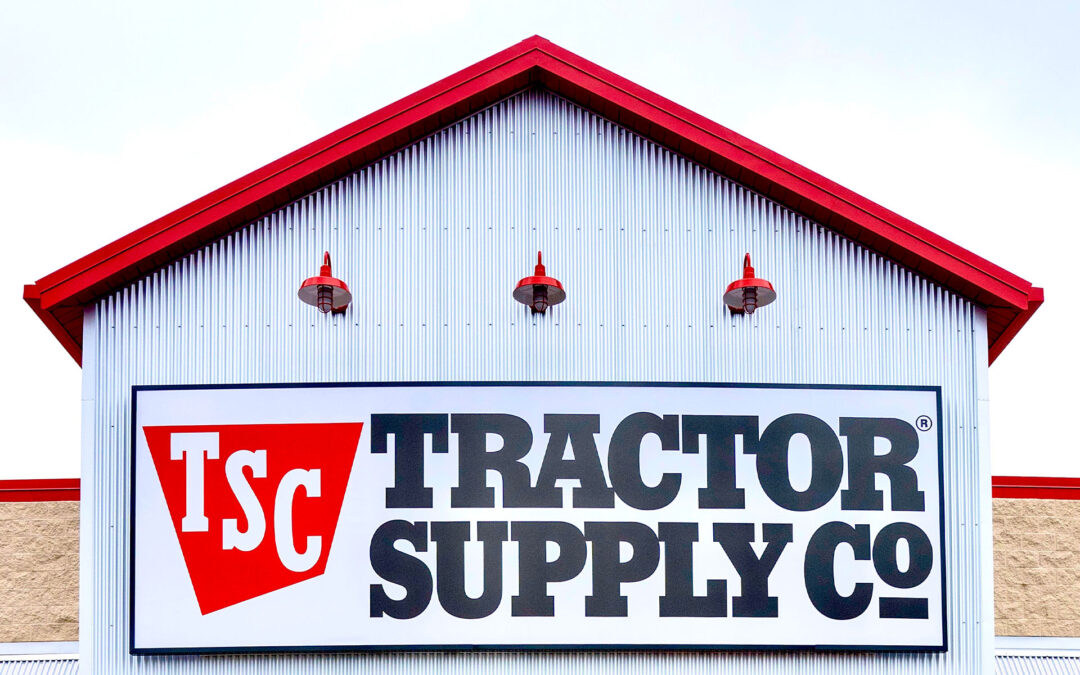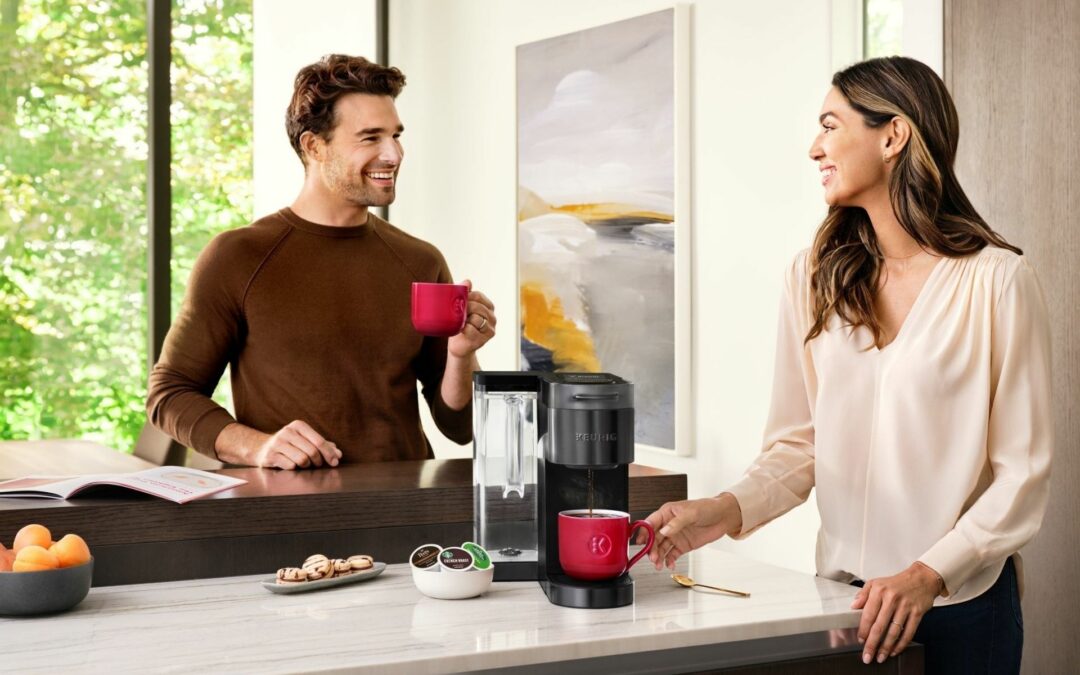According to research by market research firm Numerator, the outlook for consumer spending in 2023 may be less than rosy, as 72% of participants in a study believe the United States is already in a recession, even though it has not been officially declared.
Gen Z, with members 26 and younger by most reckoning, was not of age during the last recession, so they are likely to view one very differently than older generations who have experienced downturns before, Numerator noted. Only a third of Gen Z consumers said they’re concerned about an economic recession, compared to 50% of Gen Xers and 53% of Boomers.
A lot of spending depends on how individuals feel about their cash flow, as 73% of all consumers are uncomfortable taking money out of personal savings or retirement accounts, according to the study, and over 59% are uncomfortable spending money on non-essential products, services or travel. Consumers are increasing money-saving measures to combat rising prices, Numerator pointed out, including decreasing spending on non-essentials, at 51%, searching for coupons, promos or sales, at 51%, and stocking up on essentials when they’re on sale, at 50%.
The retail landscape has changed dramatically since The Great Recession ended over a decade ago, Numerator maintained, with online CPG sales growing over 350% in the last five years alone, Today, 84% of households in the United States turn to e-commerce retailers to purchase grocery, health & beauty, household, pet and/or baby products, up from 62% in 2017.
Private label offerings have also grown notably, to a 17.1% share of total CPG spend, giving consumers more low-cost options when they are looking to save money.
According to research by market research firm Numerator, the outlook for consumer spending in 2023 may be less than rosy, as 72% of participants in a study believe the United States is already in a recession, even though it has not been officially declared.
Gen Z, with members 26 and younger by most reckoning, was not of age during the last recession, so they are likely to view one very differently than older generations who have experienced downturns before, Numerator noted. Only a third of Gen Z consumers said they’re concerned about an economic recession, compared to 50% of Gen Xers and 53% of Boomers.
A lot of spending depends on how individuals feel about their cash flow, as 73% of all consumers are uncomfortable taking money out of personal savings or retirement accounts, according to the study, and over 59% are uncomfortable spending money on non-essential products, services or travel. Consumers are increasing money-saving measures to combat rising prices, Numerator pointed out, including decreasing spending on non-essentials, at 51%, searching for coupons, promos or sales, at 51%, and stocking up on essentials when they’re on sale, at 50%.
The retail landscape has changed dramatically since The Great Recession ended over a decade ago, Numerator maintained, with online CPG sales growing over 350% in the last five years alone, Today, 84% of households in the United States turn to e-commerce retailers to purchase grocery, health & beauty, household, pet and/or baby products, up from 62% in 2017.
Private label offerings have also grown notably, to a 17.1% share of total CPG spend, giving consumers more low-cost options when they are looking to save money.





